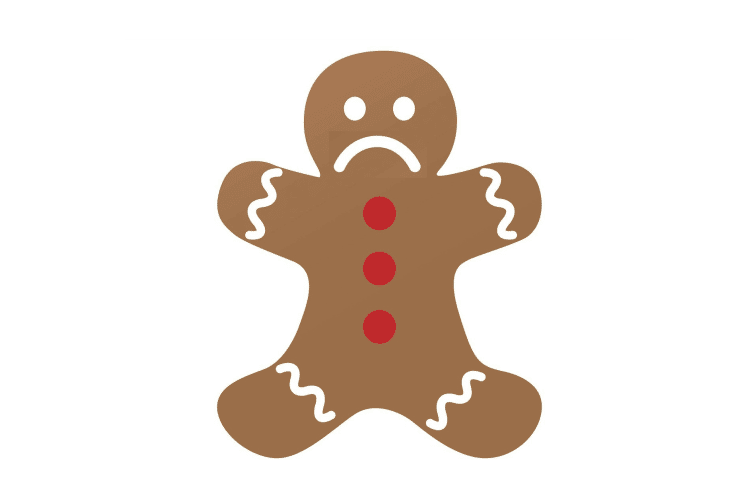
Holiday & Winter Depression
Holiday & Winter Depression
A bit of research turned up that the holiday season can be difficult for people who have depression and other mental health problems.
Feeling lonely, financial stress, disruption in regular schedules and activities can cause stress for many people. Overeating sugar and junk food, and drinking too much alcohol are additional stressors.
Physical Health Problems Cause Many Mental Health Problems
The mental health industry (and likely your doctor) is entirely focused on “chemical imbalance” and “brain function” as causes for mental health problems. It’s a very rare doctor who will look for underlying physiological health problems before prescribing antidepressant drugs or talk therapy.
As a doctor, I talk to many people about depression and anxiety. Very few are even aware of a connection between their hormones, blood sugar, digestive system, and psychological state. Because these physical issues are among the most common cause of mental problems, it’s frustrating to see that millions are put on dangerous, addictive antidepressant drugs without any attempt at even checking to see if there’s an underlying health problem.
Mental stresses (such as holiday stress) can be more of a trigger than the cause of anxiety and depression. Typical mental health treatments such as medications or talk therapy mainly work as symptom relievers (at best).
As with any symptom treatment, if nothing is done about the cause of the problem, you must continue to treat the symptom indefinitely. Antidepressant drugs have serious physical and mental side effects. As reported by many of my patients, one of the worst is having little to no feelings about anything. Sure, the depression is less, but there’s no joy or interest either. Patients say their emotions are like cardboard cutouts, and they no longer fully experience their lives.
Another severe downside to antidepressants is that many are addictive and can be difficult or impossible to stop.
Talk Therapy?
Many of my patients have reported that talk therapy has helped them to better control their depression and anxiety.
Anything that helps is great unless that help hides a solution to the whole problem. Someone suffering from anxiety and depression might continue talk therapy for many years to keep their symptoms under control. If they had handled the underlying health conditions that caused their problems in the first place, they would no longer need the therapy and would be much better mentally and physically.
Take Away
Medicine is designed for the most part to treat health problems (symptoms) rather than look for underlying causes. If a doctor sees evidence of holiday depression, then a prescription for an antidepressant drug may seem like the correct treatment. The doctor won’t even think of addressing hormones, blood sugar or digestion, because medicine has virtually no treatments for any of these.
To summarize: If you feel depressed over the holidays and would like to feel better, you have these choices. Seems to me that the first one would be highly preferable!
A: Get evaluated and tested to find the underlying physical cause of your problem and get this resolved. You may have holiday stress in the future, but you’ll deal with it much better and not have any lasting effects once January comes around.
B: Get on a possibly addictive drug with serious side effects that may prevent you from enjoying your life. Then, have to stay on this medication or go back on it whenever something in your life makes you sad and depressed.
C: Tough it out and try to act like nothing is wrong.
Please Share!
If you know someone with the “holiday blues,” please send them a link to this post. I’ve found that this information is unknown, and most people are convinced that something is wrong with their brain if they feel anxious or depressed.
Here’s a bright ray of truth and hope for the holiday season!

